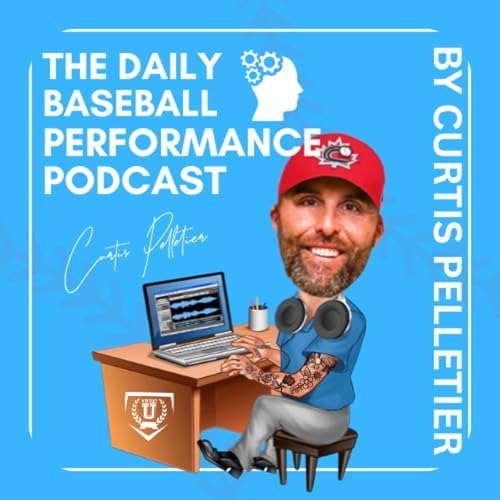n this conversation, Curtis Pelletier and Eric Steven Walker discuss the journey of a baseball player and coach, focusing on the importance of mindset, training, and the influence of coaching figures like Dusty Baker. They explore the significance of physical training, the benefits of multi-sport participation, and the role of visualization in achieving success. Eric shares his experiences and insights on player development, emphasizing the need for dedication and a clear vision in the pursuit of athletic excellence.
Takeaways
- You have to set a clear vision for success.
- Communication is key in coaching and player development.
- Mindset and work ethic are crucial for athletes.
- Physical training is essential for baseball players.
- Visualization techniques can help overcome fear and anxiety.
- Multi-sport participation enhances athletic development.
- Simplifying practice can lead to better performance.
- Players need to be their own driving engine.
- Success requires consistent effort and dedication.
- Coaches should provide actionable information for players.
Titles
- From Player to Coach: Insights on Baseball
- The Power of Mindset in Sports
Sound Bites
- "You gotta look the part."
- "The gym sets you apart."
- "You need to get in the gym."
Chapters
00:00
Introduction and Background
02:58
Lessons from Dusty and Coaching Philosophy
05:46
The Importance of Mindset in Development
08:43
Building Skills and Setting Goals
11:35
The Role of Dedication and Discipline
14:37
The Impact of Physical Training on Performance
15:41
The Importance of Early Training Reps
17:56
Cultural Differences in Athletic Training
19:03
The Value of Multi-Sport Participation
21:43
Mindset and Visualization Techniques
26:43
Developing Effective Training Systems
29:18
Emphasizing Joy and Aggression in Sports
 Sep 9 202527 min
Sep 9 202527 min Sep 4 202528 min
Sep 4 202528 min Aug 28 202523 min
Aug 28 202523 min Aug 28 202534 min
Aug 28 202534 min Aug 25 202521 min
Aug 25 202521 min Aug 25 202539 min
Aug 25 202539 min Aug 20 202522 min
Aug 20 202522 min Aug 19 202525 min
Aug 19 202525 min
